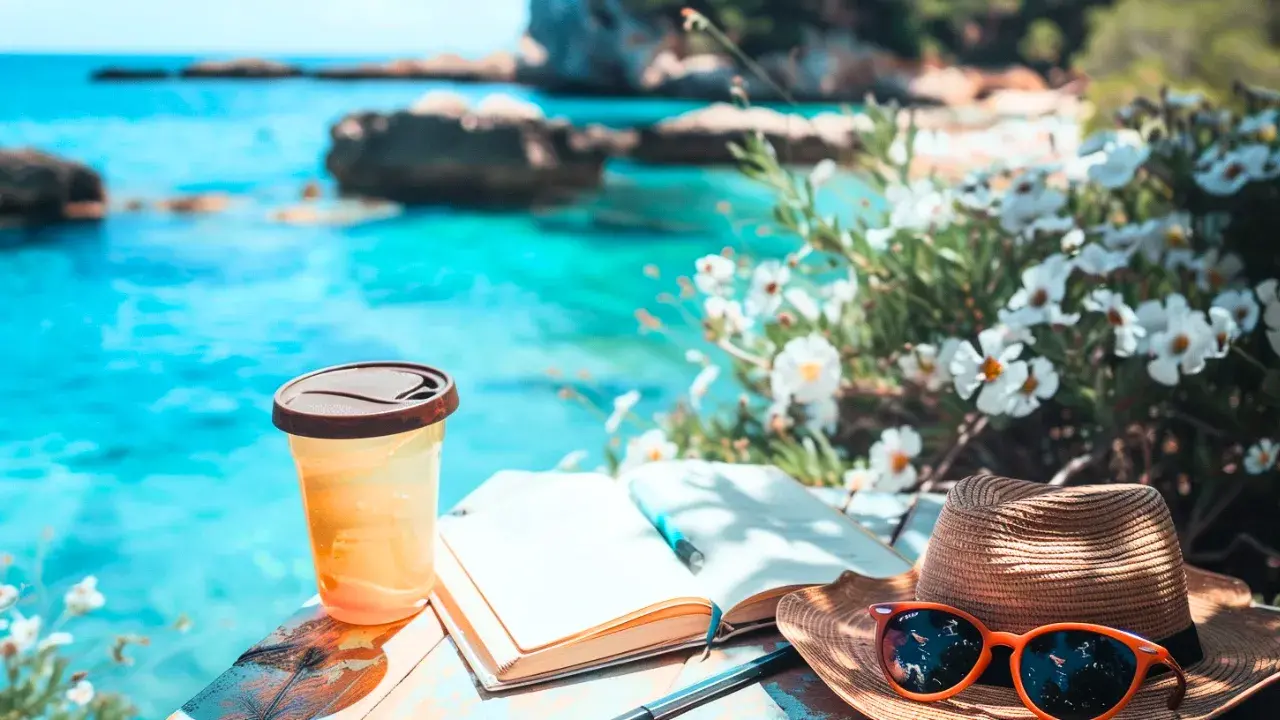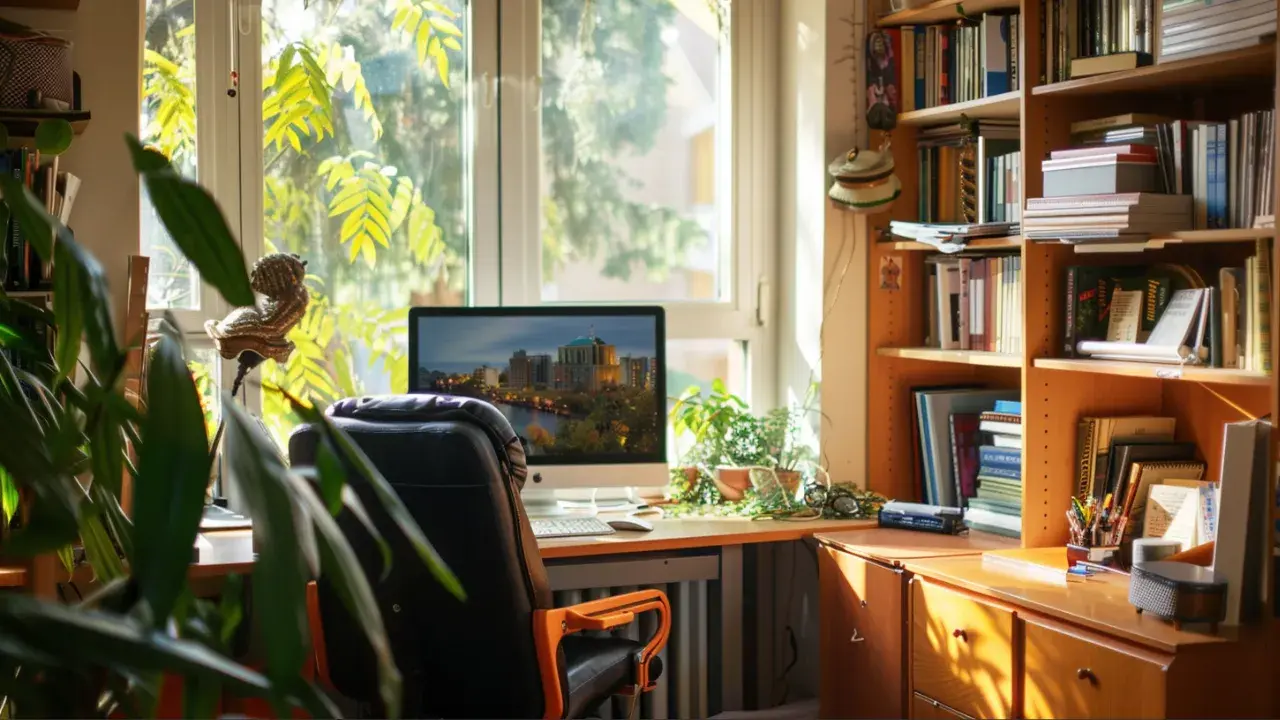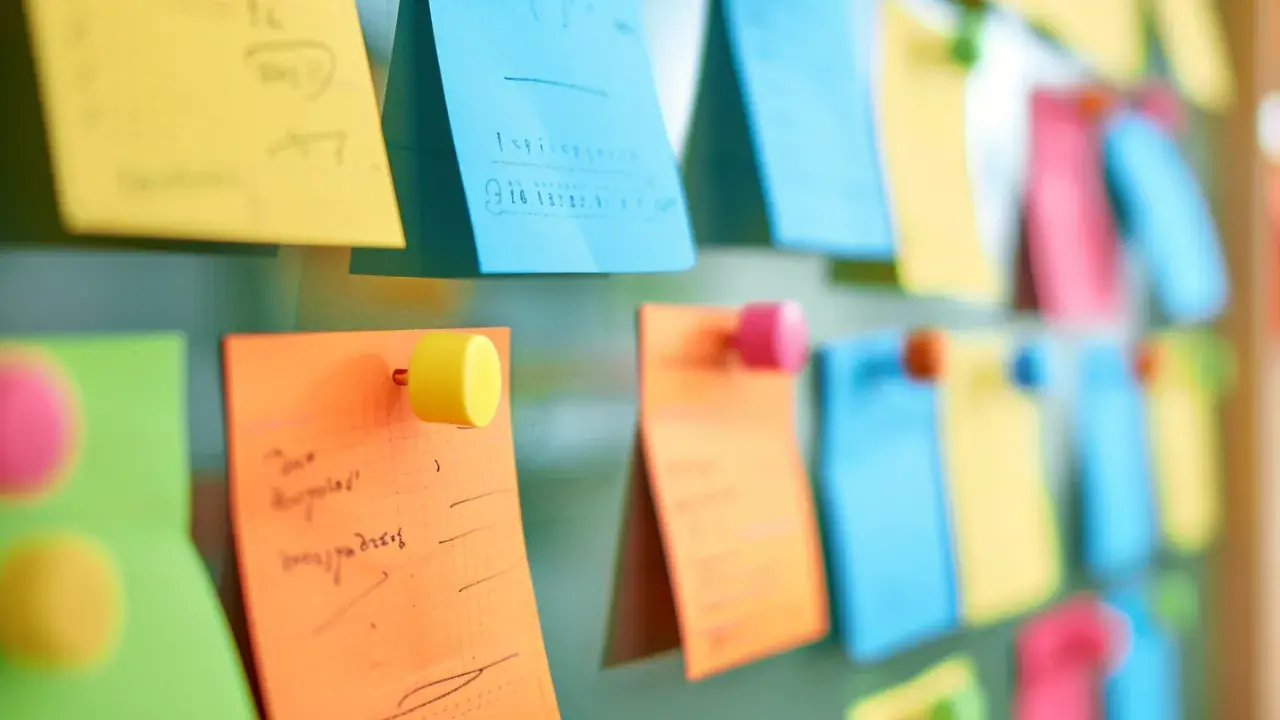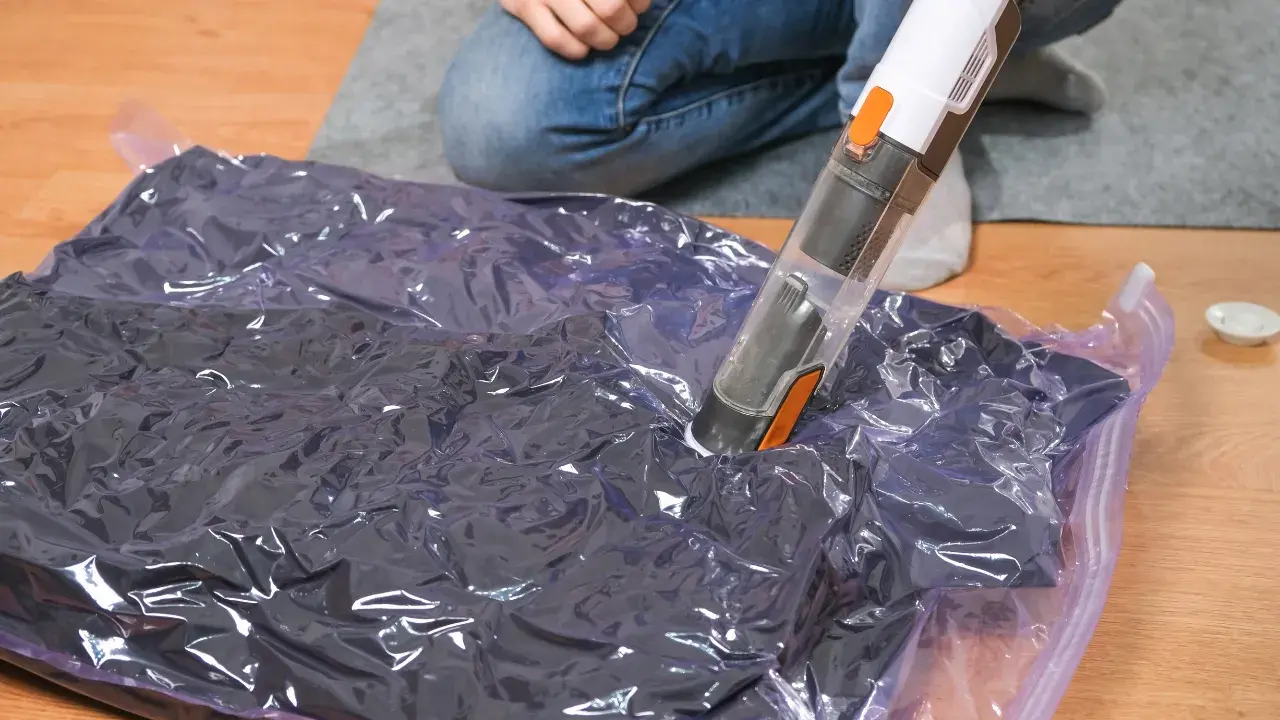How to Study on Vacation
• Posted July 10 • 2024.
There are several reasons why someone might study during vacation. It could be that they are preparing for an important exam, need to make up for school studies, or are simply passionate about it. Whatever the reason, we know that studying while others are having fun during this free time is a challenge. Therefore, here are some useful tips to study successfully while maintaining a balance with vacation time.
Establishing a Routine: Planning and Consistency
There's no better way to find a balance between study time and free time, in this case, vacation time, than by setting a specific schedule for studying each day. This will help maintain consistency and dedication, ensuring that enough time is devoted to studying without missing out on vacation enjoyment. Remember, it’s difficult to study while friends are having fun, so it's important to allocate time for studying but also to set aside time for relaxation and fun. Consistency and a fixed schedule will help make studying a habit.
You might also be interested in:
This approach not only makes it easier to organize time between studying and leisure but also reduces stress by knowing that there is a specific time dedicated to learning and another for relaxation and leisure. For example, setting aside a few hours each day to study specific subjects or review concepts will help us meet our study goals without sacrificing the relaxation and fun that vacations offer.
Appropriate Study Spaces: A Quiet Environment
There is no single right way to study; everyone can do it as they see fit. However, it certainly helps to have a quiet and comfortable place for studying, free from interruptions or distractions. It's very difficult to concentrate in noisy or busy places because the mind can't focus on studying. It's better to find a quiet corner at home or outside, such as a room, a terrace, a library, or a quiet café. This can improve concentration and enhance our learning experience.
Study Materials
Don't forget to have all the necessary study materials on hand, such as books, notebooks, tablets or laptops, and of course, internet access, which will help you complement your studies and research with the vast availability of online resources. While most study resources are digital nowadays, don't overlook books, as they provide an important perspective and a different experience when searching through their pages compared to just typing words into Google.
Clear Goals: Set Daily and Weekly Objectives
The mind always works better when it knows exactly what it aims to achieve. Otherwise, it would be like a ship without a course, distracted, adrift, unsure of what to do because it lacks a fixed goal. Therefore, defining specific, clear, and attainable objectives for each study session and each week helps maintain focus and motivation.
In this way, studying is divided into smaller, more manageable goals, avoiding the feeling of being overwhelmed by large amounts of material. For example, a daily goal could be to read and summarize a chapter of a book on a certain subject, while the weekly goal could be to complete a more extensive essay or project. Achieving these objectives will create a constant sense of progress, which will maintain and increase the motivation to keep going.
Additionally, clear and defined objectives allow you to know exactly what you want to achieve in each session, enabling you to prioritize tasks and allocate time more efficiently. This translates into better time management, especially when it is necessary to balance study time with leisure activities.
Active Study Methods: Effective Techniques
Using techniques such as note-taking, summarizing, concept mapping, and teaching others can reinforce learning in an active and effective way.
Unlike passive methods, which involve only reading or listening, active methods require the active participation of the student. This approach facilitates better understanding and retention of the information studied. One technique that has proven very effective over time is note-taking, which helps organize information in a more structured manner.
Another valuable active technique is creating summaries. Summarizing information forces the student not only to identify key points of the topic but also to express ideas concisely. Additionally, summaries are useful for later review and exam preparation. With current technology, it is possible to create written summaries on a device, by hand, or even as voice notes, offering various ways to access them later.
Concept mapping is another highly effective study tool. These visual diagrams show the relationships between different concepts, helping the student see the overall picture and connect ideas within the topic logically. It is important not only to look at them but especially to create them, thereby organizing information in a simple and easy-to-remember way.
Finally, one of the best ways to learn and consolidate knowledge is by teaching others. Explaining or discussing concepts with classmates, family members, or friends forces the student to organize their ideas better and clarify their understanding, as they need to express it in a way that someone else can understand. Interesting, isn't it?
Balance Between Study and Rest
We have mentioned it before, but it bears repeating. For studying to be effective, it is truly necessary to alternate it with breaks, rest, and free time, especially during vacations. Imagine the stress of a student knowing that all their friends are at the beach, in the forest, or simply spending time together. It's important to consider this so that the student doesn't end up hating studying (and their parents LOL). Remember that studying for long periods without adequate breaks simply leads to mental and physical fatigue, which decreases the ability to concentrate and retain information. In other words, studying without rest is pointless.
For example, you can establish a schedule that includes time for both study and rest. Plan intensive study sessions of 45 to 60 minutes followed by breaks of 10 to 15 minutes. But remember, we're on vacation, so it's important to alternate study times with leisure periods to avoid burnout and ensure the quality of study is more than adequate. For instance, you can alternate days by studying in the morning and having the afternoon free, and the next day, studying in the afternoon with relaxation and leisure in the morning.
Motivation and Positive Attitude
Again, it is not easy to study during vacation, at least not for everyone, but this can be easier if a more relaxed and flexible approach is adopted, considering dedicated time for study and time for leisure and enjoyment. Motivation can stay high by setting and achieving small goals that provide a sense of accomplishment. Celebrating these small successes, like completing a summary of a topic or solving a math problem, maintains confidence and motivation to keep going.
An adequate support environment is also important. Talking about study goals with family and friends, even just to be heard, is quite important for the student, and it is at these times that they can receive great motivation and encouragement. That is to say, not only should studying during vacations be facilitated and supported, but it should also be motivated and understood.
In conclusion, studying during vacation is not uncommon, especially when we have a higher study goal to achieve, such as university, a master's degree, or simply enrolling in an important course for us. Many of us have been there, studying while others relax, and although it is almost impossible to understand at the moment, over time it becomes clear that this sacrifice of time during a vacation will be more than rewarded in the future. Studying is always worth the effort.
To see more amazing pictures and leave a comment, go to the Pinterest board for this article: Click

Tastes of La Paz.



